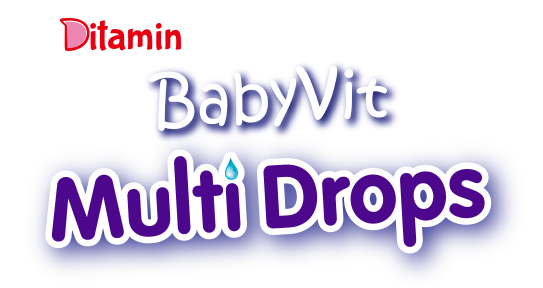
It has long been suggested that artificial colourings can have a negative effect on our bodies. And now studies are demonstrating that additives can be harmful and cause changes in behaviour.
This is especially true for children who are still growing, still developing, still fragile and still susceptible. What’s happening in their diet will contribute to how every child feels, how they think and how they act. Studies have suggested that a large number of children may react to and their bodies may be aggravated by the artificial colourings found in many processed foods, often times reacting more to these artificial chemicals than to the actual food itself.
Parents report noticing calmer dispositions and better attitudes once removing foods with dyes from their children’s diets. In two studies published in 2004 and 2007, researchers from Southampton University suggested that a statistically significant increase in the hyperactivity of children occurred after they consumed common artificial food colours and additives from fruit drinks.
Looking at the artificial food additives and foods that your child may be sensitive or allergic to is an important aspect of their diet. As a concerned parent, you may want to try eliminating artificial colourings as much as possible from your child’s
diet. This can be achieved by looking at labels, focusing on locally grown and predominantly organic foods.
No Fake Flavors!
Nature has provided us with countless plants and natural substances that add taste and flavour to our food and supplements. So why would anyone knowingly choose an artificial or synthetic flavoured product for a child?
Many of the processed foods come with an ingredient label that lists “artificial flavours” as one of the key ingredients. Artificial flavours are chemical mixtures that mimic a natural flavour. Some companies spend countless hours and money-making artificial grape, cherry, orange, banana, apple and other flavours.
It is now apparent that not only is the type of food we are eating important, but it is also important as to what some manufacturers are adding to our food products. Food additives have the purpose of adding taste, flavour and colour. Today our children are exposed to additives and chemicals every day. And a child’s metabolism is much more sensitive than an adult’s, which means that adverse reactions to toxins introduced into the body can be magnified.
The American Academy of Paediatrics (AAP) is the organization that provides recommendations for paediatricians to follow. A review published in the AAP Grand Rounds in February, 2008, has noted the adverse effects of artificial additives on the behaviour of children in the general population as reported by a British study in September 2007. The editor of the study notes, “In each case, increased hyperactive behaviours were associated with consuming the additives.”
Daily supplements are especially important to be as natural as possible. You can be confident in using Ditamin vitamins. all products have no artificial colourings, no artificial flavourings and no artificial sweeteners.

References
1. Schab DW, Trinh NH (2004). “Do artificial food colors promote hyperactivity in children with hyperactive syndromes? A meta-analysis of double-blind placebo-controlled trials”. Journal of developmental and behavioral pediatrics : JDBP 25 (6): 423–34. doi:10.1097/00004703-200412000-00007. PMID 15613992. 2. Donna McCann et al. (2007). “Food additives and hyperactive behaviour in 3-year-old and 8/9-year-old children in the community: a randomised, double-blinded, placebo controlled trial.” The Lancet in press.

